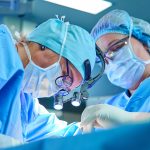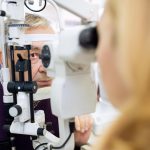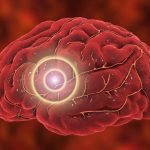
Loneliness might be a true heartbreaker for people with diabetes — raising their odds of a heart attack even more than unhealthy lifestyle habits do. That’s according to a new study of over 18,000 adults with the blood sugar disease. Researchers found that people who reported feeling lonely were up to 26% more likely to suffer a heart attack or stroke in the next decade, compared to those who felt more socially connected. Loneliness, in fact, was more strongly linked to cardiovascular trouble than well-known risk factors like smoking, lack of exercise and unhealthy eating habits. Still, the study, published recently in the European Heart Journal, does not prove that loneliness directly harms physical health. But it’s not the first to link feelings of isolation to heart disease: Experts said that many studies have found a similar connection, and the new findings bolster that evidence. “Loneliness is not a benign condition,” said Theresa Beckie, a professor at the University of South Florida College of Nursing. Beckie, who was not involved in the study, co-wrote a 2022 scientific statement from the American Heart Association on the subject. In a review of published research, she and her colleagues found that social isolation and loneliness were linked to a 30% increased risk of heart attack and stroke, or death from either. To Beckie, the new study adds a… read on > read on >
























-300x200.jpg)













